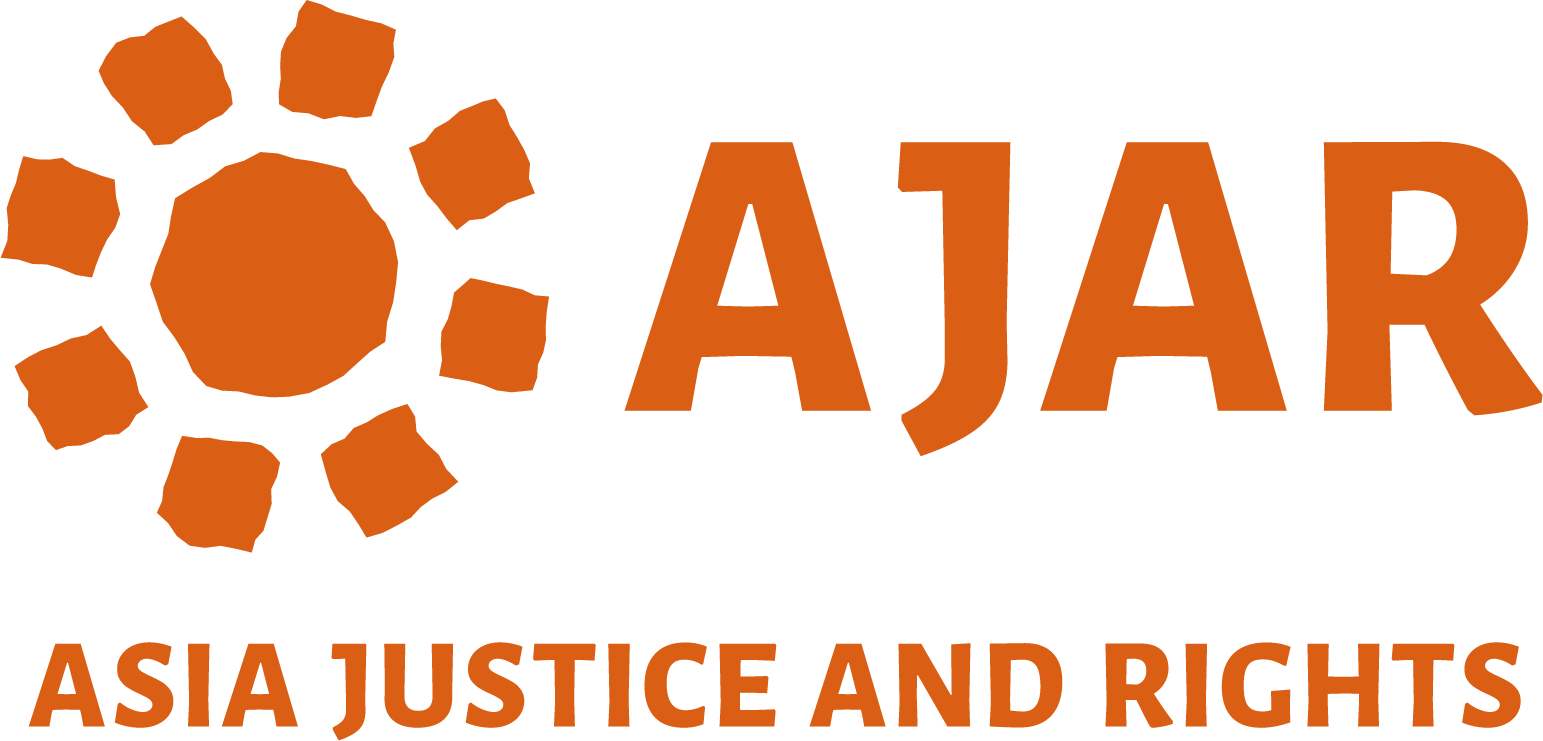Constitutional Reform
Constitutional reform revises laws that govern the basic structures of a society in transition to ensure stability, democracy, accountability, and adherence to the rule of law. Constitutional reforms may include the following:
- Removing discriminatory provisions.
- Inserting mechanisms to support inclusion.
- Creating a bill of rights.
- Reforming provisions that govern the security sector.
- Securing the separation of powers.
- Limiting the scope of military courts.
- Adopting a brand-new constitution.
Criminal Law Reform
Serious international crimes committed in conflicts and contexts of repression need to be prosecuted to secure the rule of law and ensure a foundation for peace in post-conflict societies. Domestic criminal laws may need to be revised to allow for the prosecution of serious international crimes and to ensure such crimes are not subject to a statute of limitations. These crimes constitute an “affront to humanity” and a lapse in time should not provide perpetrators an escape from responsibility. In addition, emergency, anti-terrorism, or other security related laws must be made fully compatible with human rights standards to prevent rights violations by state and non-state actors. This can be achieved by:
- Prohibiting arbitrary detention.
- Eliminating amnesty provisions.
- Guaranteeing access by detainees to lawyers and private doctors.
- Prohibiting evidence or confessions obtained through coercion or torture.
- Providing legal aid to indigents accused of serious crimes.
